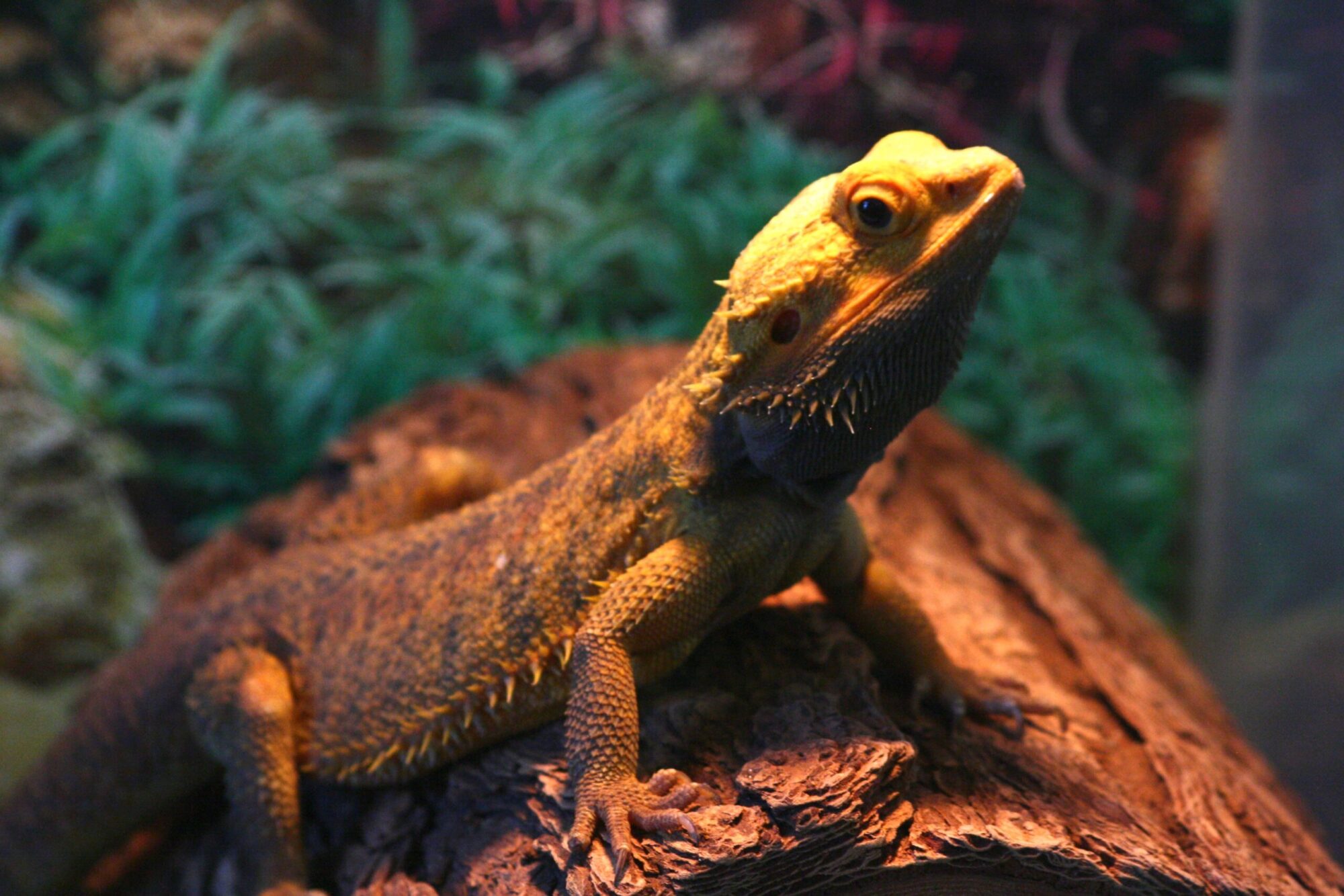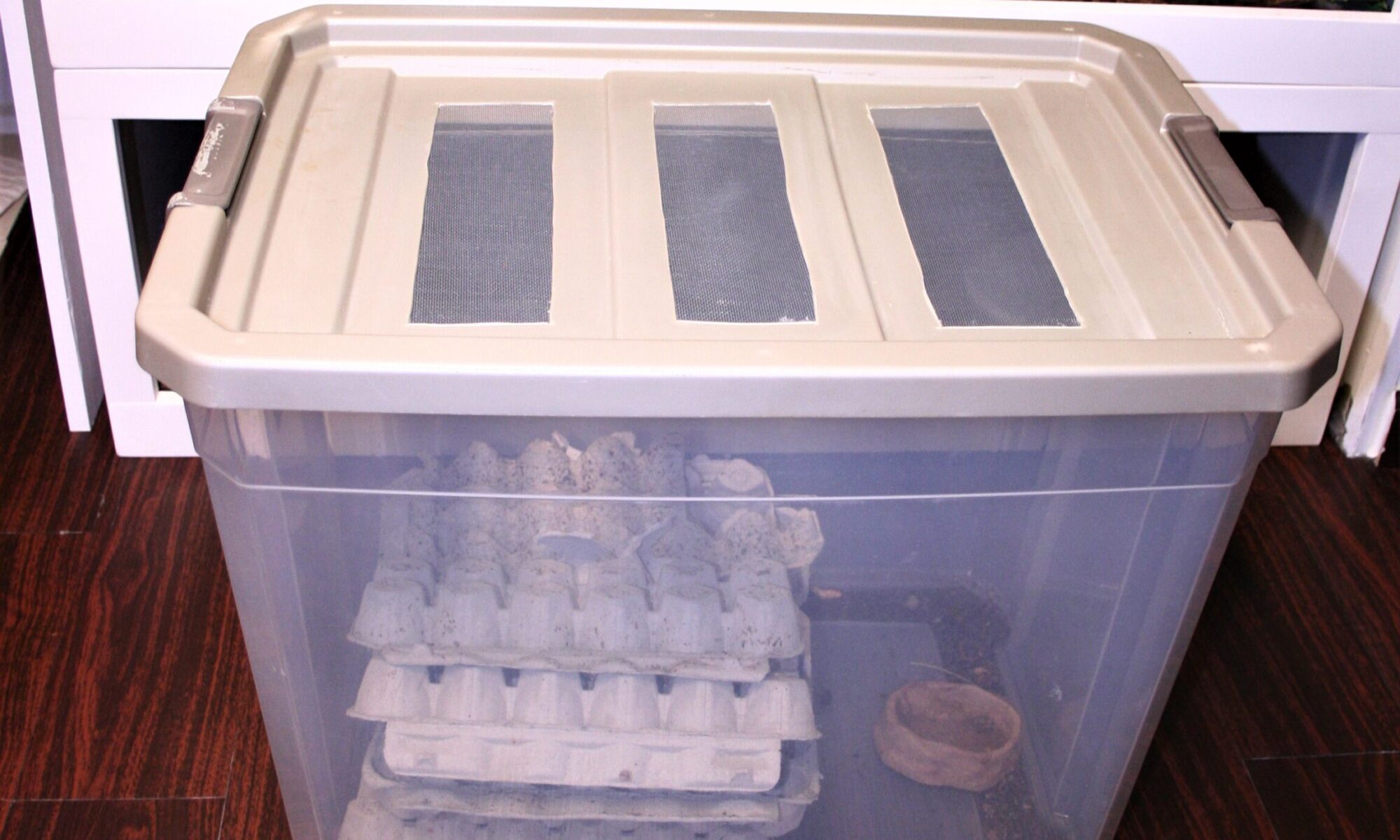Starting a dubia roach colony is the first step in creating a reliable source of nutritious feeder insects that’ll give you generations of buggy goodness for your pets to enjoy. Let’s take a look at all the stuff you’re going to need:
Continue reading “How to Start a Dubia Roach Colony”Dubia Roaches: The Pros and Cons of Starting Your Own Colony

We all want to give our animals the best when it comes to their diet and care. For my reptiles, that includes a constant supply of nutritious feeder insects. Although Dubia roaches are arguably one of the best staple feeders to offer your reptiles (or amphibians, tarantulas, etc.), they’re also fairly pricey. Restocking your feeder supply every couple of weeks could quickly put a strain on your wallet when a SINGLE adult roach can cost around $2. Anyone with a juvenile bearded dragon knows just how quickly an animal can demolish an order of bugs. Seriously, teenage beardies eat a LOT.
Continue reading “Dubia Roaches: The Pros and Cons of Starting Your Own Colony”Heating/Lighting for Bearded Dragons
Being native to Australia, Bearded Dragons are not used to other climates, especially the climate that goes with being an indoor pet! In order to make sure they have varying temperatures in their cage along with UV rays, it is essential to make sure that they have the proper lighting.
Continue reading “Heating/Lighting for Bearded Dragons”Bearded Dragon Dietary Tips
When it comes to what you should feed your beardie, and how often, here are some helpful tips to follow:
- Bearded dragon babies, juveniles, and adults all have different diets to follow, since they have different dietary needs for each stage of their lives. Babies typically require a diet consisting of 60% live foods (insects) and 40% greens/veggies. Once they reach adulthood these ratios will switch to 60% greens/veggies and 40% bugs. Young beardies will voraciously eat about twice a day, while adults will only eat once a day or every other day. Make sure your dragons always have food available every day regardless of whether or not they eat every time you offer food.
- Beardies require a stable source of protein, which is typically obtained through insects. Bearded dragons are normally not too picky and will eat crickets, mealworms, superworms, silkworms, or even roaches.




